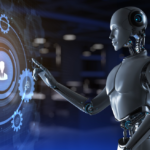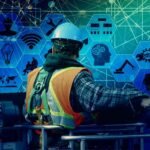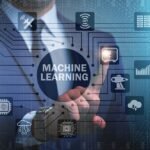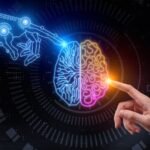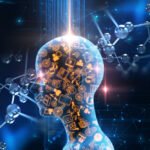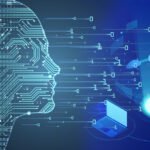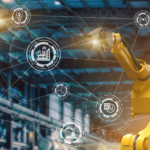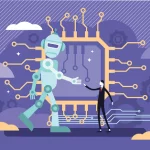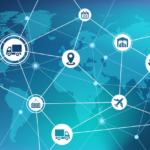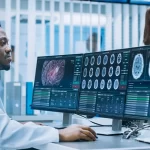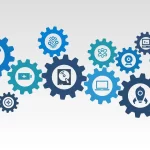Can AI predict the future?
/ /
The concept of predicting the future has fascinated humanity for centuries. As artificial intelligence (AI) continues to advance, it begs the question: Can AI predict the future? While AI has demonstrated remarkable capabilities in data analysis and pattern recognition, accurately predicting future events remains an elusive challenge. In this blog post, we will explore the potential of AI in predicting the future, its limitations, and the considerations we should keep in mind.
- Understanding AI’s Predictive Abilities: AI excels at analyzing vast amounts of data, identifying patterns, and making predictions based on historical trends. Machine learning algorithms can uncover correlations, forecast trends, and offer insights into likely outcomes. In certain domains with well-defined patterns and limited variables, such as weather forecasting or financial markets, AI can provide reasonably accurate predictions within certain parameters.
- The Limitations of Prediction: While AI can make predictions based on historical data, it is important to acknowledge the inherent uncertainties of the future. Unforeseen events, emerging trends, and complex social dynamics make accurate long-term predictions extremely challenging. AI models are bound by the data they are trained on and cannot account for unprecedented or unforeseen circumstances that may significantly impact future outcomes.
- Probabilistic Forecasts and Risk Assessment: Rather than precise predictions, AI is better suited for probabilistic forecasts and risk assessment. By analyzing historical data, AI can assess the likelihood of specific outcomes and provide risk probabilities. This information can aid decision-making processes by highlighting potential scenarios and their associated probabilities, enabling individuals and organizations to make more informed choices.
- Human Context and Expertise: AI models lack human context, intuition, and the ability to incorporate subjective factors. Human expertise, domain knowledge, and the understanding of complex social dynamics play a vital role in foreseeing future trends. Combining AI’s analytical capabilities with human insights allows for a more comprehensive understanding of the potential outcomes and can improve the accuracy of predictions.
- Ethical Considerations and Responsible Use: As AI continues to evolve, it is crucial to consider ethical implications and responsible use. The reliance on AI predictions should not absolve us of our individual and collective responsibility to critically assess information, consider diverse perspectives, and make informed decisions. Blindly following AI predictions without human judgment and oversight can lead to unintended consequences.
Posted in Blogs










